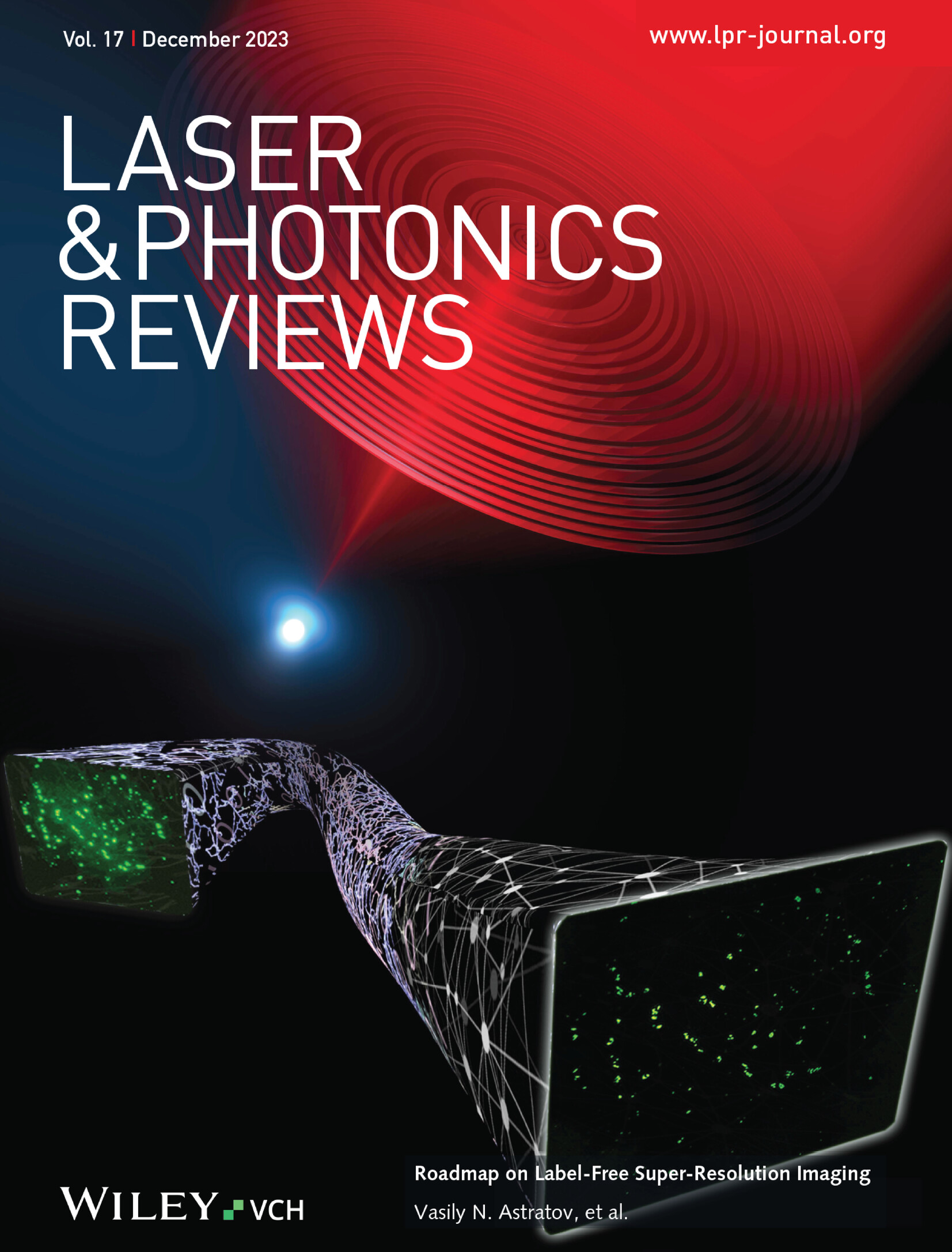mrPCA-PSP:基于主成分分析的鲁棒抗运动相移轮廓术
IF 9.8
1区 物理与天体物理
Q1 OPTICS
引用次数: 0
摘要
相移轮廓术(PSP)通过相移条纹模式实现高分辨率3D形状测量。然而,它的多镜头特性使其极易受到运动引起的相位误差的影响,在动态场景中导致严重的重建伪影。本文提出了一种基于主成分分析(mrPCA-PSP)的鲁棒抗运动相移轮廓法。通过利用PCA从噪声中分离信号,补偿了每个原始条纹图像中由运动引起的非均匀相移。该方法通过图像校正和未知相移估计,仅利用三幅相移条纹图像即可实现对任意方向运动物体的高精度相位检索。在复杂动态场景下的实验结果表明,mrPCA-PSP比传统PSP具有更强的运动鲁棒性。通过在gpu加速的多视图结构光条纹投影系统中实现它,运动引起的误差被有效抑制,实现实时、无运动伪影、高精度的3D测量,速度高达100 Hz。这些功能使mrPCA-PSP成为动态环境中高速、实时3D形状测量的有前途的解决方案,应用于工业检测、机器人导航和人机交互。本文章由计算机程序翻译,如有差异,请以英文原文为准。

mrPCA-PSP: Robust Motion-Resistant Phase-Shifting Profilometry Based on Principal Component Analysis
Phase-shifting profilometry (PSP) enables high-resolution 3D shape measurement through phase-shifted fringe patterns. However, its multi-shot nature makes it highly susceptible to motion-induced phase errors, leading to severe reconstruction artifacts in dynamic scenes. Here, a robust motion-resistant phase-shifting profilometry method based on principal component analysis (mrPCA-PSP) is proposed. By leveraging PCA to separate signal from noise, non-uniform phase shifts induced by motion in each raw fringe image are compensated. Through image rectification and unknown phase shift estimation, the method achieves high-precision phase retrieval for objects moving in arbitrary directions using only three phase-shifted fringe images. Experimental results in complex dynamic scenes demonstrate that mrPCA-PSP exhibits significantly enhanced motion robustness compared to traditional PSP. By implementing it in a GPU-accelerated multi-view structured light fringe projection system, motion-induced errors are effectively suppressed, achieving real-time, motion-artifact-free, high-precision 3D measurements at speeds of up to 100 Hz. These capabilities position mrPCA-PSP as a promising solution for high-speed, real-time 3D shape measurement in dynamic environments, with applications in industrial inspection, robotic navigation, and human-computer interaction.
求助全文
通过发布文献求助,成功后即可免费获取论文全文。
去求助
来源期刊
CiteScore
14.20
自引率
5.50%
发文量
314
审稿时长
2 months
期刊介绍:
Laser & Photonics Reviews is a reputable journal that publishes high-quality Reviews, original Research Articles, and Perspectives in the field of photonics and optics. It covers both theoretical and experimental aspects, including recent groundbreaking research, specific advancements, and innovative applications.
As evidence of its impact and recognition, Laser & Photonics Reviews boasts a remarkable 2022 Impact Factor of 11.0, according to the Journal Citation Reports from Clarivate Analytics (2023). Moreover, it holds impressive rankings in the InCites Journal Citation Reports: in 2021, it was ranked 6th out of 101 in the field of Optics, 15th out of 161 in Applied Physics, and 12th out of 69 in Condensed Matter Physics.
The journal uses the ISSN numbers 1863-8880 for print and 1863-8899 for online publications.

 求助内容:
求助内容: 应助结果提醒方式:
应助结果提醒方式:


